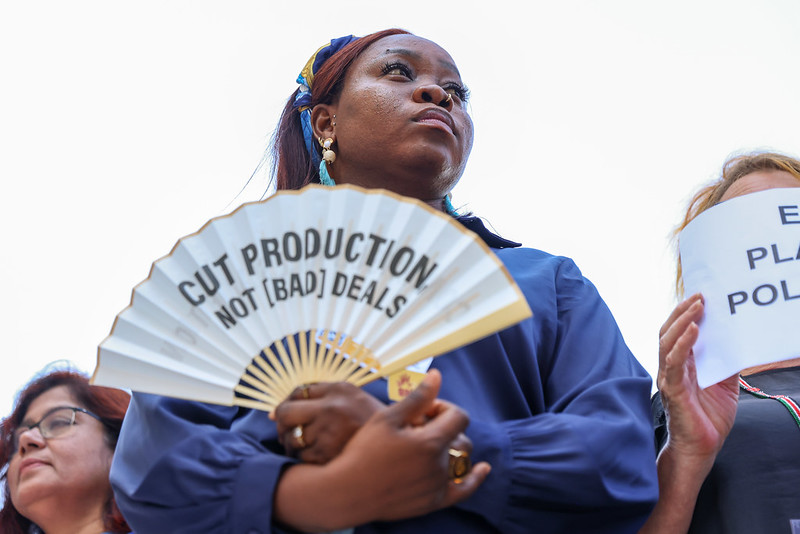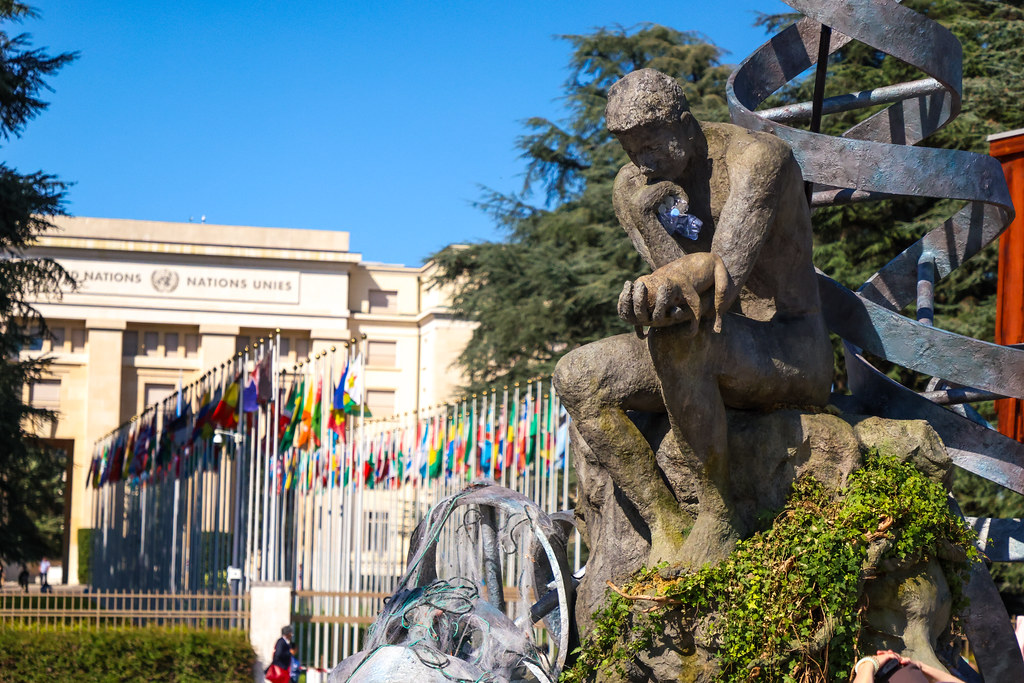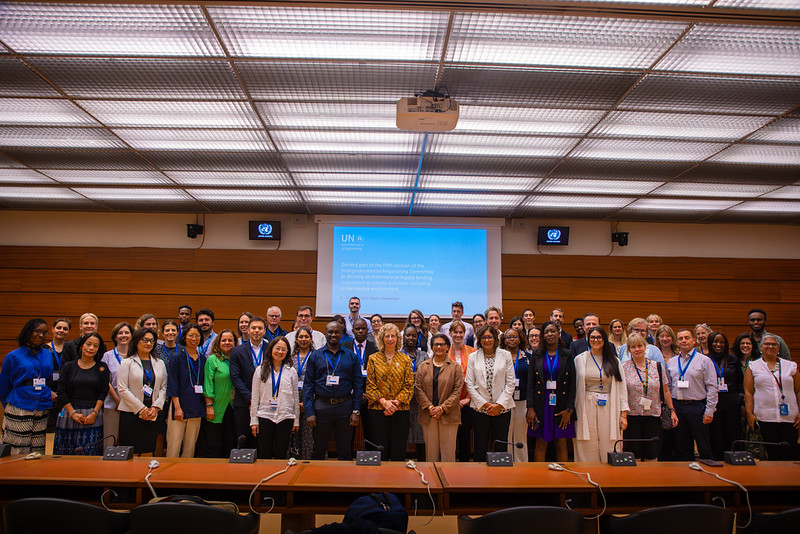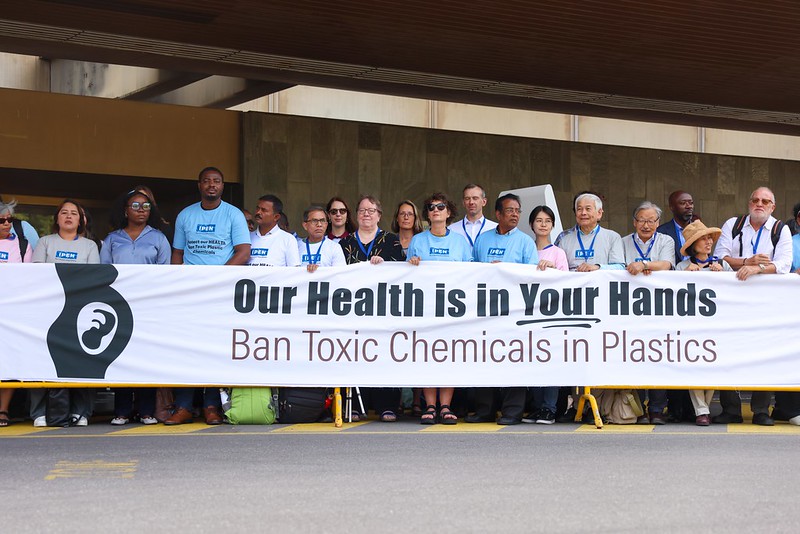Eliminating single-use plastics has been a prominent and urgent goal within the framework of the Global Plastic Treaty. Single-use plastics such as plastic bags, cutlery, straws, and packaging are among the most significant contributors to plastic pollution globally, with an estimated 9 to 14 million tons of plastic waste entering oceans annually. These items often have short lifespans but create long-lasting environmental damage, affecting marine and terrestrial ecosystems and posing threats to wildlife and human health.
The treaty aims to phase out or restrict single-use plastics as a key measure to reduce plastic pollution at its source. This approach complements a broader lifecycle strategy that targets plastic production, use, and disposal holistically. Advocates for the treaty emphasize the necessity of binding global commitments to eliminate unnecessary and high-pollution plastic products, particularly single-use items, and to promote alternatives and circular economy practices. These alternatives include reusable, biodegradable, or more sustainable materials that reduce dependence on fossil-fuel-based plastics.

The ambition to ban or restrict single-use plastics is supported by a large majority of countries and civil society groups. For instance, surveys show that about 85% of the public supports banning single-use plastics globally, which reflects widespread recognition of their environmental harm. Additionally, many countries have already introduced national bans or restrictions as steps that could be unified and strengthened under the treaty framework.
CHALLENGES FACED DURING THIS YEAR’S NEGOTIATIONS
The High Ambition Coalition (EU, UK, Canada, many African and Latin American states) is pushing for legally binding limits on plastic production and regulations on toxic chemicals. Oil and gas-producing countries (Saudi Arabia, Russia, Iran, Kuwait, Qatar, UAE, China, and recently the US) are opposing production caps and favoring a focus on waste management, recycling, and voluntary measures. The draft treaty tabled dropped explicit provisions to cap plastic production and regulate toxic chemicals as a concession to oil-producing countries, leading many nations and advocacy groups to condemn the draft as too weak.


Failure to reach consensus on critical issues like production limits, chemicals of concern in plastics, and financing treaty implementation. The negotiations ended without agreement after 10 days of talks, highlighting the challenges of overcoming the conflicting interests of major plastic producers versus the global public good. Environmental advocates and many countries criticized the treaty failure as a blow to multilateralism and a missed historic opportunity to address plastic pollution at its root cause.
The divide essentially centered on whether the treaty should tackle plastic production at the source or focus mainly on improving downstream waste management. The deadlock was exacerbated by strong lobbying from fossil fuel and plastic industries in key producing countries.

The stalemate was primarily caused by the opposition of oil and gas-producing nations to bind production caps, the diluted treaty draft focusing more on waste management than production limits, and geopolitical and economic complexities among the nearly 180 countries involved in the negotiations. Talks will resume in the future, but no date is set yet. Phasing out single-use plastics remains a central, yet contested, pillar of the Global Plastic Treaty.
The treaty seeks to legally bind countries to eliminate these products as part of a comprehensive strategy to tackle plastic pollution globally. However, achieving consensus among diverse national interests continues to be a challenge, and the effectiveness of the treaty will depend on reconciling these differences to create enforceable global commitments.

The urgency of the plastic pollution crisis underscores the importance of accelerating efforts to phase out single-use plastics to protect ecosystems, public health, and the global environment.
Photos from INC-5.2 on Plastic Pollution




